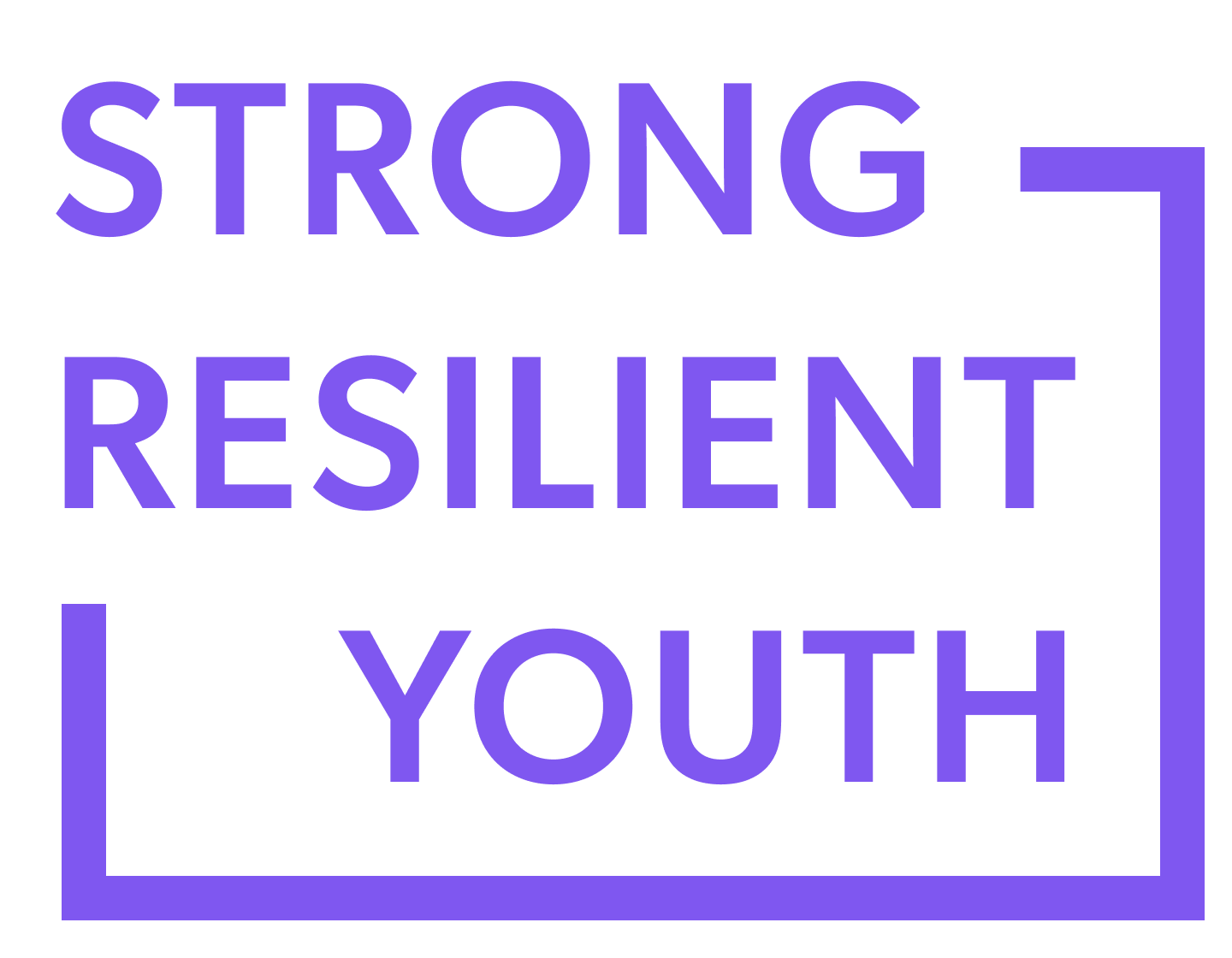
Enrolling A Group In The Training
We offer a variety of free implementation support for organizations planning to register a group for this training, including:

Discussion guides with facilitation tips and sample agendas

Completion certificates confirming participation in 4 hours of didactic learning

Session completion report detailing participant’s training progress, and impact report summarizing participant self-assessment of their skills and learning experience
For organizations seeking a higher level of support, we offer additional paid resources, including:

Facilitator training and coaching with our experts on strategies for effective group facilitation

Multi-cohort registration and reporting for groups completing the training at different times

Additional technical assistance tailored to fit your needs

What Participants Will Learn
The Supporting Children and Youth Experiencing Trauma training includes four online sequential sessions that you can take at your own pace. Each session focuses on learning and practicing skills that can be used immediately with children and youth. Participants will hear from educators, mental health experts, students, and families, while reflecting on their own goals and intentions to be trauma-informed.
-
Explain what trauma is and how it presents itself in children and youth
Describe your role as a trauma-informed educator or supportive adult and how you can use the 4 R's of a trauma-informed approach
Recognize your mindset when faced with challenges
Reframe your mindset using the Awareness, Pause, Reframe technique
-
Recognize when and how Adverse Childhood Experiences (ACEs) and other potentially traumatic events affect one’s ability to learn and engage
Understand what it means to be a trauma-informed mandated reporter
Recognize how implicit biases can affect efforts to build supportive relationships
Identify strengths and protective factors in children and youth
Practice an effective approach to forging stronger relationships and helping children and youth build resiliency and positive coping strategies
-
Learn how trauma manifests in communities and why communities of color are disproportionately affected
Recognize how implicit bias can influence perceptions of trauma and who may need help
Apply the 4 R's in the context of traumatic events in the community
Tailor specific classroom teaching strategies to the neighborhood and community context to avoid re-traumatization
-
Apply the 4 R's to support children and youth who have experienced trauma
Apply the 4 R's to facilitate conversations with families and caregivers
-
Understand how conflict & displacement can affect individuals physically, emotionally, and socially
Understand how conflict & displacement impacts youth and the family system
Apply the 4 R's of a trauma-informed approach framework to the context of conflict and displacement

Interested In Enrolling A Group In The Training or Becoming A Partner?
Get in touch to discuss group enrollment, collaboration with your organization, or any questions you may have.




